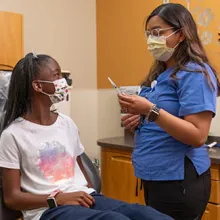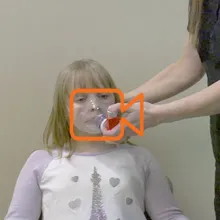What Teens Should Know About Healthy Eating, Diets and Weight Loss
May 06, 2024
In May, we celebrate National Adolescent Health Month.
Adolescent Health is a broad term that includes many parts of health and well-being – from physical health to behavioral health to sexual and reproductive health. Healthy eating, exercise and maintaining a healthy weight are at the heart of all of these things.












